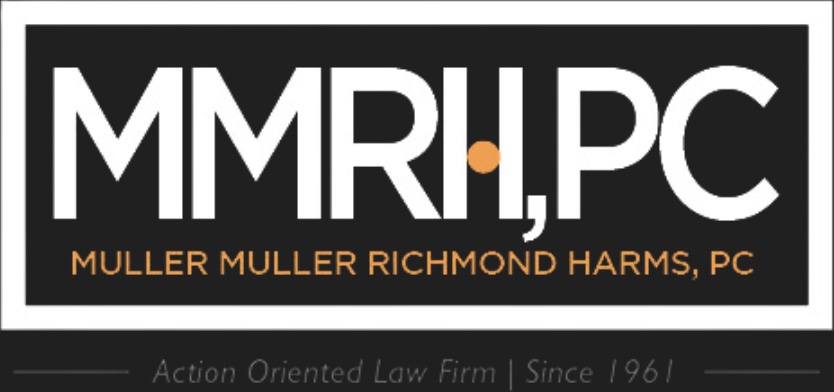When to Insist on a Personal Guaranty

Are your customers asking for an extension of credit?
Are they less than trustworthy?
In the credit industry, when an applicant asks for an extension of credit that isn’t justified based on their net worth, rejection is imminent. One way to extend credit to applicants who fall into this category is to request that the customer obtain a guaranty of payment from either a person or another company. You can incorporate a guaranty into your credit application, or it may be a separate document.
Guaranties come in two forms: guaranty of payment and guaranty of collection or performance. With a guaranty of payment, you can collect payment from the guarantor without first trying to collect from the primary debtor.
With a guaranty of collection or performance, you must first attempt (and fail) to collect from the primary debtor before you can collect from the guarantor.
You always want a guaranty of payment to collect as quickly as possible.
When considering extending credit based on a guaranty:
- Confirm that the guarantor is creditworthy. To ensure that the guarantor is financially sound, you can informally rely on business reputation, the impressions of the salesperson on the account, or information someone else within your company who is familiar with the general financial condition of the proposed guarantor. A more sophisticated approach is to get a credit report for the proposed guarantor.
- If the guarantor is a corporation, require a resolution from the board of directors authorizing the individual to sign the guaranty.
- If the guarantor is an individual and you can do so while following the constraints of the Equal Credit Opportunity Act, have the guarantor’s spouse sign the guaranty so that you can collect action against joint assets.
If you get a guaranty:
- The guaranty should be in writing and signed. Don’t allow the signer to qualify the signature with a title such as “president” or “agent” because those words completely void the personal guaranty. Make sure the guaranty is dated and clearly states that it’s a personal guaranty of payment (not performance) with words such as “I personally guaranty payment.” Likewise, title the document itself “personal guaranty” or words to that effect in bold print.
- The document should be signed in front of one or more witnesses. If the guarantor later denies their signature, the burden of proof is always on the creditor. A handwriting expert is not only very expensive, but also unreliable. Therefore, don’t allow the guarantor to take the document with them and return it with a signature. Have them sign in the presence of a sales representative or credit manager and at least one other witness if possible.
When you obtain a guaranty, remember to build up your customer’s credit file. Your notes and documents related to orders and payments will be of enormous assistance if the account becomes delinquent and you seek payment from the guarantor.
Steps you take that benefit one of the principal debtors, such as changing the terms of the agreement or releasing security may have the side effect of releasing the guarantor from liability. Be careful of these actions if releasing the guarantor is not intended.
Collect with One of the Best Collection Companies in Michigan
Looking for other ways to collect?
Muller Law Firm will handle your case with the professional attention it deserves!
Contact one of the best collection companies in Michigan today at (248)645-2440 for an immediate resolution to your collection matters.


